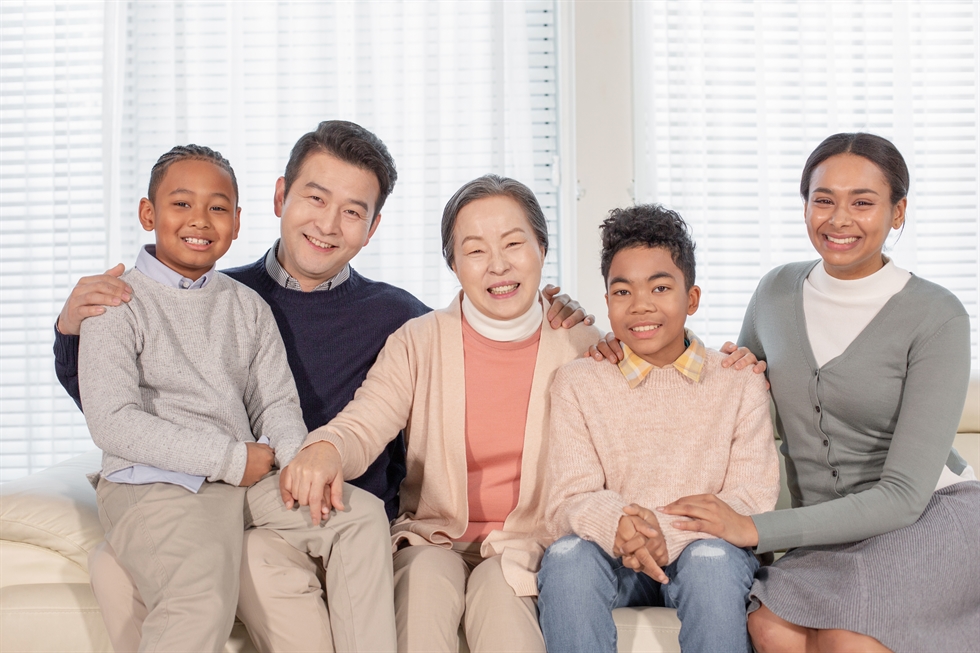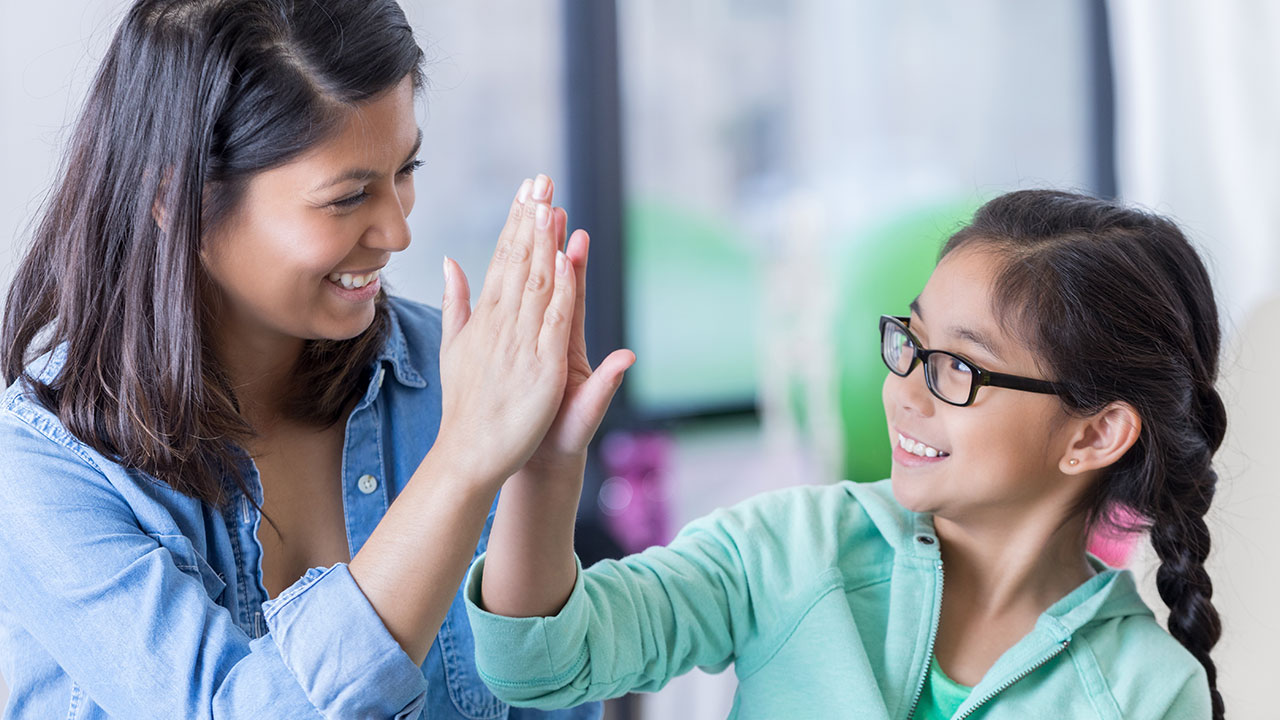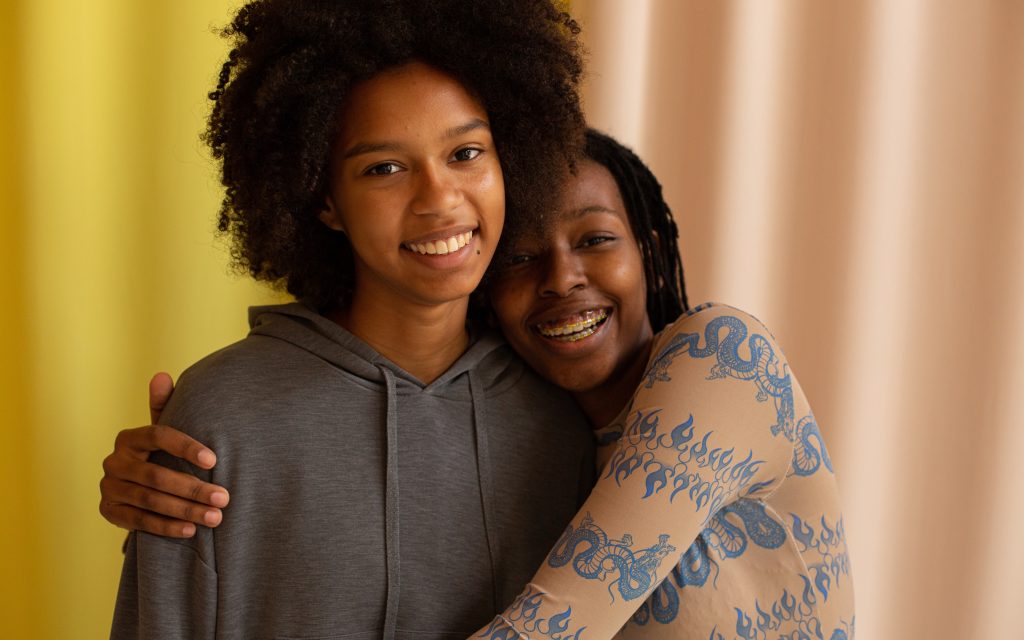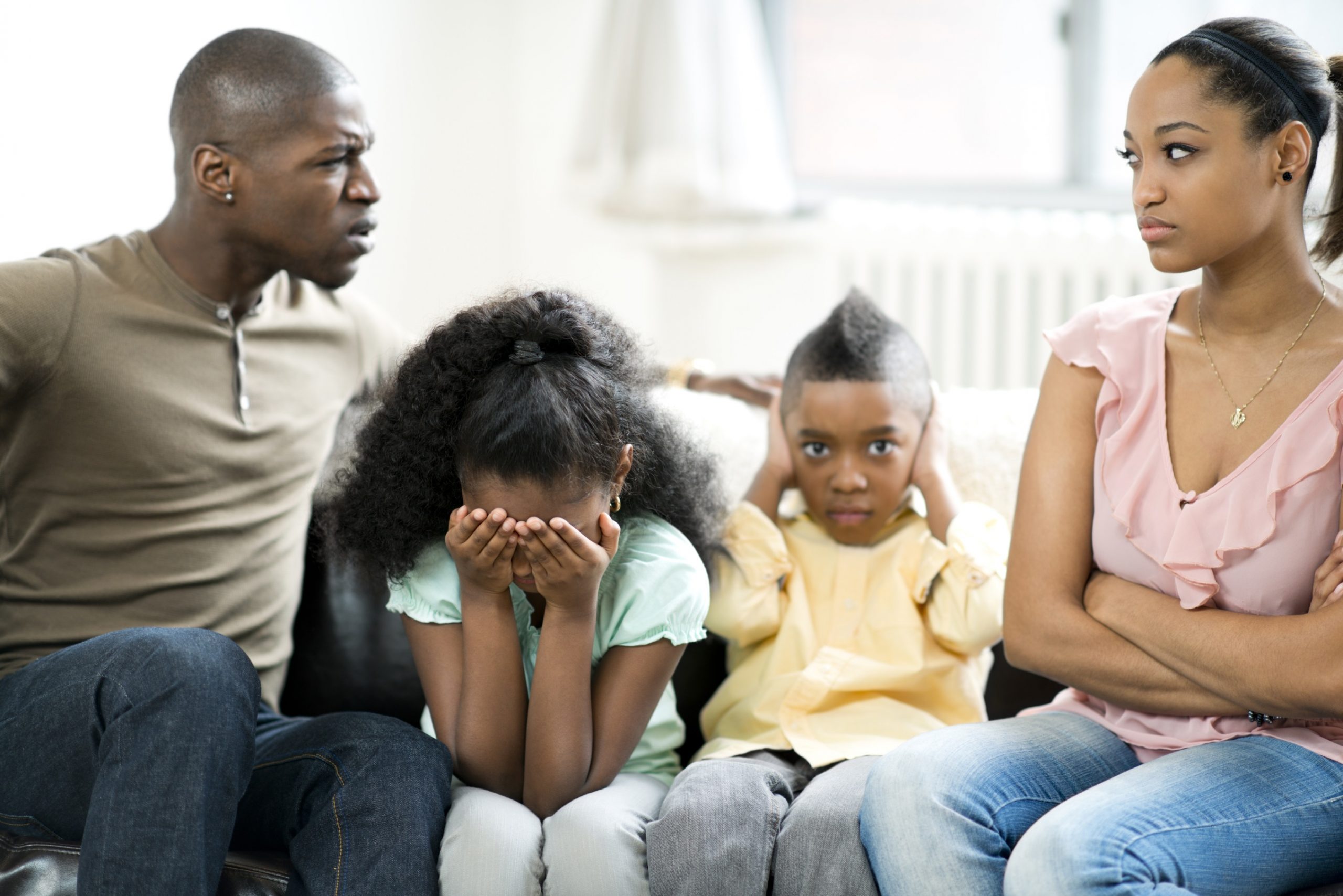Embracing Cultural Diversity in Multicultural Family Parenting
Embracing cultural diversity in multicultural family parenting enriches your family dynamics by blending unique traditions and fostering understanding through open communication. Exposure to different languages, customs, and perspectives broadens horizons, creating a harmonious environment. Celebrating family traditions intertwines cultural backgrounds, passing down ancestral wisdom and instilling pride. Teaching cultural awareness promotes mutual respect and unity, building bridges through empathy and inclusivity. Strategies for celebrating differences involve cross-cultural celebrations, promoting learning and growth. Nurturing identity and belonging while facing challenges together strengthens family bonds through love, acceptance, and unity. Valuing unique cultural backgrounds in a unified family community fosters appreciation and inclusivity.
Key Takeaways
- Embrace and celebrate unique family traditions for a harmonious blend of cultures.
- Foster understanding and respect through open communication about diverse backgrounds.
- Engage in cross-cultural celebrations and practices to promote unity.
- Pass down ancestral wisdom and values through storytelling and cultural exchange.
- Create a nurturing environment that values and respects each family member’s cultural identity.
Benefits of Cultural Diversity

Embracing cultural diversity in multicultural family parenting can lead to a richer and more inclusive environment for children to grow and learn. Cross-cultural communication plays a significant role in this scenario. When individuals from different cultural backgrounds come together, they bring forth a plethora of unique perspectives and traditions. Encouraging open communication bridges the gap between these differences and fosters understanding and respect.
Cultural integration is another key aspect. By incorporating various cultural elements into daily life, families create a harmonious blend of traditions. This helps children develop a global perspective from a young age, understanding that unity in diversity is a fundamental concept. Exposure to different languages, cuisines, and customs broadens their horizons and nurtures respect for all cultures.
In essence, embracing cultural diversity in multicultural family parenting cultivates an environment where differences are celebrated and embraced. It paves the way for children to grow into open-minded individuals with a deep appreciation for the richness of global cultures.
Importance of Cultural Education
You should understand that cultural education plays a vital role in fostering cultural awareness benefits within your multicultural family.
By teaching traditions at home, you actively engage in passing down important cultural values and practices to your children.
Celebrating diversity together creates a harmonious environment where everyone’s unique background is respected and appreciated.
Cultural Awareness Benefits
Understanding the importance of cultural education can greatly enhance your ability to comprehend and appreciate the diverse intricacies of multicultural family parenting. Engaging in cultural exchange fosters cultural sensitivity, allowing you to better understand and respect the beliefs, values, and traditions of others within your family unit. Through promoting intercultural communication, you develop the skills needed to effectively interact with family members from different cultural backgrounds, fostering a harmonious and inclusive environment.
Cultural awareness benefits extend beyond the family unit, providing you with global perspectives that can broaden your worldview and enhance your cultural competency. By embracing cultural diversity, you become more adaptable and open-minded, which are invaluable qualities when maneuvering through the complexities of multicultural family dynamics.
Embracing cultural education not only enriches your own cultural identity but also fosters a sense of unity and understanding within your family, creating a nurturing environment where all members feel valued and respected.
Teaching Traditions at Home
Incorporating cultural education into your family life through teaching traditions at home is essential for instilling a strong sense of cultural identity and belonging in your household. Tradition preservation plays an important role in passing down generational customs and values to your children.
By engaging in cultural immersion within the comfort of your home, you create a nurturing environment where your family can learn about and appreciate their heritage.
Home learning becomes a natural extension of your family life when traditions are actively practiced and shared. It provides a hands-on approach to understanding the significance behind cultural practices, strengthening the bond between family members.
Through these teachings, you equip your children with a deep-rooted connection to their cultural roots, fostering a sense of pride and belonging.
Embracing and teaching traditions at home not only enriches your family’s cultural awareness but also promotes a sense of unity and understanding within your multicultural household. It lays the foundation for a vibrant tapestry of traditions that contribute to the unique identity of your family.
Celebrating Diversity Together
Amidst the tapestry of cultural diversity within your multicultural family, celebrating diversity together through cultural education serves as a cornerstone for fostering understanding and unity.
Cultural exploration becomes a shared journey where each family member contributes their unique heritage, enriching the collective experience. By delving into global traditions, you open doors to a world of knowledge and appreciation, fostering a sense of unity in diversity within your family.
Through family celebrations that honor various cultural practices, you create meaningful connections that transcend borders and generations. Whether it’s cooking traditional dishes, participating in cultural festivals, or learning indigenous crafts, each activity becomes a bridge that connects your family to the wider world.
These shared experiences not only instill pride in your roots but also cultivate respect for the diverse backgrounds that make up your family unit.
Embracing cultural education within your multicultural family not only broadens your worldview but also strengthens the bonds that tie you together. By celebrating diversity together, you lay the foundation for a harmonious and inclusive family environment where every heritage is valued and cherished.
Celebrating Family Traditions

As you navigate the intricate tapestry of multicultural family parenting, embracing and honoring family traditions holds significant importance in fostering a sense of belonging and connection within your diverse household.
Holiday gatherings become cherished moments where different cultural backgrounds intertwine, creating a rich tapestry of shared experiences and memories. These gatherings offer a platform to showcase the diversity of cultural cuisine, where flavors and aromas from various heritages blend harmoniously, creating a feast that not only delights the palate but also celebrates the uniqueness of each tradition.
Moreover, storytelling traditions play an essential role in passing down ancestral wisdom and values to the younger generation. Through these tales, cultural histories are preserved, and familial bonds are strengthened.
Encouraging the wearing of cultural attire during special occasions or everyday life not only honors heritage but also instills a sense of pride and identity in each family member. These traditions serve as threads that weave together the diverse tapestry of your multicultural family, creating a beautiful mosaic of unity and togetherness.
Teaching Cultural Awareness
You can enhance your family’s cultural awareness by emphasizing the importance of understanding different customs, beliefs, and traditions.
By celebrating these differences together, you create a harmonious environment that respects and values diversity.
Building cultural bridges within your multicultural family fosters mutual respect, empathy, and a sense of unity.
Importance of Understanding
Cultural awareness plays an essential role in fostering understanding and respect within multicultural families. It involves cross-cultural communication, where individuals engage in open dialogues to learn from each other’s perspectives.
Through cultural sensitivity, family members can navigate potential misunderstandings by being mindful of each other’s customs, beliefs, and values. By cultivating a global perspective, families can broaden their horizons and appreciate the diversity that each member brings to the table.
Empathy building is significant in understanding the experiences and emotions of family members from different cultural backgrounds. It requires active listening, putting oneself in another’s shoes, and showing genuine care and concern.
Teaching cultural awareness within a multicultural family setting not only enhances communication but also strengthens bonds and creates a harmonious environment where everyone feels valued and understood. By embracing the importance of understanding, families can pave the way for a more inclusive and supportive family dynamic.
Celebrating Differences Together
Embracing and celebrating the unique differences within a multicultural family setting can foster a rich tapestry of shared experiences and understanding. Cross-cultural celebrations play an essential role in teaching cultural awareness, as they provide opportunities for family members to learn about each other’s traditions, values, and beliefs.
These celebrations can range from participating in each other’s religious holidays to enjoying traditional foods and festivities from various cultures.
Unity through diversity is a key concept that can be emphasized through these cross-cultural celebrations. By actively engaging in each other’s cultural practices and celebrations, family members can develop a deeper appreciation for the diverse backgrounds that make up their family unit. This not only strengthens the bonds within the family but also promotes a sense of inclusivity and respect for different cultural perspectives.
Encouraging open communication and curiosity about each other’s cultures can further enhance the experience of celebrating differences together. By fostering an environment where everyone feels comfortable sharing and learning from one another, multicultural families can create a harmonious and culturally enriched household.
Building Cultural Bridges
Fostering cultural awareness within a multicultural family dynamic involves actively engaging in cross-cultural exchanges and educational experiences. By participating in cultural exchanges, you can foster connections and appreciate the diversity within your family. Encourage open discussions about traditions, beliefs, and values to bridge differences and promote understanding. Share stories from your own cultural background and listen attentively to the experiences of others. Engaging in activities like cooking traditional dishes together, celebrating festivals, or learning a new language can deepen cultural awareness and strengthen family bonds.
Teaching cultural awareness is about more than just acknowledging differences; it’s about actively seeking to understand and respect those distinctions. By promoting cultural exchange, you create opportunities for learning and growth within your family unit. Encourage curiosity and exploration of different cultures, as this can lead to enriched perspectives and increased empathy.
Building cultural bridges requires patience, openness, and a willingness to embrace the beauty of diversity. Through these efforts, you can cultivate a harmonious multicultural family environment based on mutual respect and appreciation.
Nurturing Identity and Belonging

Encouraging a strong sense of self and connection within a multicultural family setting involves actively promoting individuality and unity simultaneously. Fostering inclusion is essential in ensuring that each family member feels valued and accepted for their unique backgrounds and perspectives.
By promoting heritage, whether it be through celebrating cultural traditions or learning about ancestral roots, you can instill pride in your family members and help them develop a strong sense of identity.
To foster unity, it’s vital to create shared experiences that bring the family together while respecting and honoring each individual’s cultural background. This can be achieved through activities like cooking traditional meals together, participating in cultural festivals, or sharing stories from different cultural backgrounds.
Facing Challenges Together
Moving through obstacles collectively strengthens the resilience and unity of a multicultural family. In the journey of parenting within a diverse cultural context, challenges are inevitable. It’s during these times that the true strength of a multicultural family is tested. Supporting each other through these obstacles is vital for maintaining harmony and understanding.
Whether it’s maneuvering language barriers, adapting to different cultural norms, or dealing with societal prejudices, facing these challenges together fosters a sense of solidarity and togetherness.
Overcoming obstacles as a unit not only builds resilience but also deepens the bond between family members. It requires open communication, empathy, and a willingness to learn from each other’s perspectives. By acknowledging and addressing these challenges head-on, a multicultural family can grow stronger and more united.
Each obstacle conquered becomes a stepping stone towards a more harmonious and understanding family dynamic. Collectively facing challenges demonstrates the unwavering support and commitment each member has towards the family unit, creating a strong foundation for embracing cultural diversity in parenting.
Embracing Differences With Love
Embracing the diverse differences within your multicultural family with love fosters a deeper sense of understanding and connection among its members. Unity through differences can be achieved by approaching each unique aspect with love and acceptance. Embracing the uniqueness of each family member paves the way for fostering understanding and appreciation for the varied cultural backgrounds present in your household.
By actively choosing to embrace differences with love, you create an environment where each family member feels valued and respected for who they are. This fosters a sense of unity that transcends cultural boundaries and brings the family closer together. Love and acceptance serve as the foundation for building strong relationships within your multicultural family.
Embracing differences with love allows you to celebrate the richness of diversity within your family, creating a harmonious and inclusive atmosphere where everyone feels accepted. Through this approach, you can cultivate a deeper sense of connection and understanding among family members, fostering a strong and supportive family community.
Building a Unified Family Community

Valuing and respecting the unique cultural backgrounds within your multicultural family lays the foundation for building a unified family community. Family unity thrives when each member feels appreciated for their individual heritage and traditions. Multicultural bonding strengthens through shared values that transcend cultural differences and foster a sense of togetherness.
To build a unified family community, it’s essential to create opportunities for open dialogue and mutual understanding. Encourage family members to share stories, customs, and beliefs, fostering cultural appreciation and empathy. By actively listening and engaging with each other’s cultural backgrounds, you create a space where everyone feels respected and valued.
Shared values play an important role in unifying a multicultural family. Identify common principles that resonate across different cultures and use them as pillars to strengthen family bonds. By emphasizing these shared values, you establish a sense of cohesion and harmony within your family community, transcending cultural boundaries and embracing diversity as a source of strength.
Frequently Asked Questions
How Can Multicultural Families Handle Conflicting Cultural Values?
When managing conflicting cultural values in a multicultural family, keep in mind that cultural compromise is key. Foster respectful communication, listen attentively to each other’s perspectives, and find common ground. Embracing diversity strengthens family bonds and fosters understanding.
What Strategies Can Parents Use to Encourage Open-Mindedness in Children?
To encourage open-mindedness in children, you can promote empathy by encouraging them to see things from others’ perspectives. Foster curiosity by exposing them to diverse cultures. Cultivate respect by emphasizing the value of embracing differences.
Are There Resources Available for Multicultural Families to Seek Support?
You can find valuable resources for support in multicultural families. Support groups offer a sense of community, while counseling services provide professional guidance. These resources can help navigate challenges and celebrate the diverse tapestry of your family.
How Can Parents Address Discrimination or Prejudice With Their Children?
When addressing discrimination or prejudice with your children, demonstrating empathy and fostering understanding are crucial. Encourage open discussions, provide diverse perspectives, and teach them to stand up against injustices while promoting respect for all cultures.
What Are Effective Ways to Maintain a Balance of Cultural Practices in the Family?
To maintain a balance of cultural practices in your family, celebrate diversity by actively engaging in cultural exchange. Embrace family traditions while providing parental guidance on the importance of respecting and appreciating different cultural backgrounds.
Conclusion
Embracing cultural diversity in multicultural family parenting is essential for fostering understanding, respect, and unity within your family. By celebrating traditions, teaching awareness, and facing challenges together, you can create a strong sense of identity and belonging for each family member.
Embrace differences with love and build a unified family community that values and appreciates the richness of cultural diversity. Your family will grow stronger and more connected as you navigate the complexities of multicultural parenting together.

Hey there! 👋 I’m a proud mom and passionate writer, sharing my parenting journey. 📝 Join me as I navigate the ups and downs of motherhood, offering tips, advice, and a sprinkle of humor along the way. 🌟







